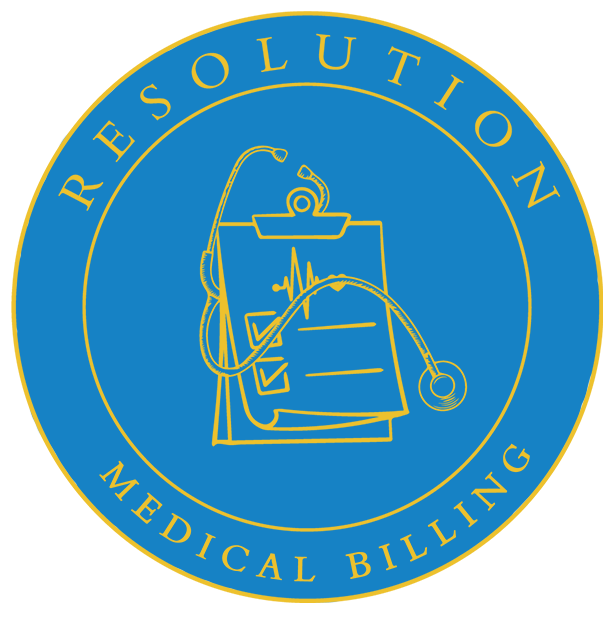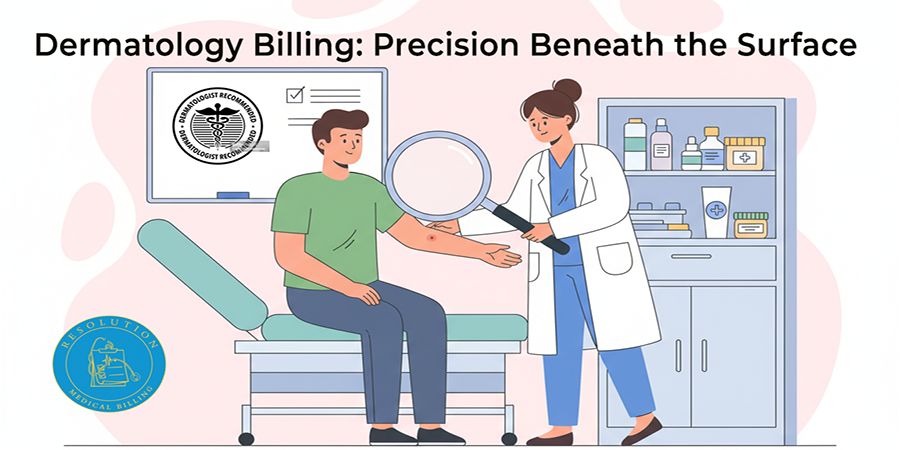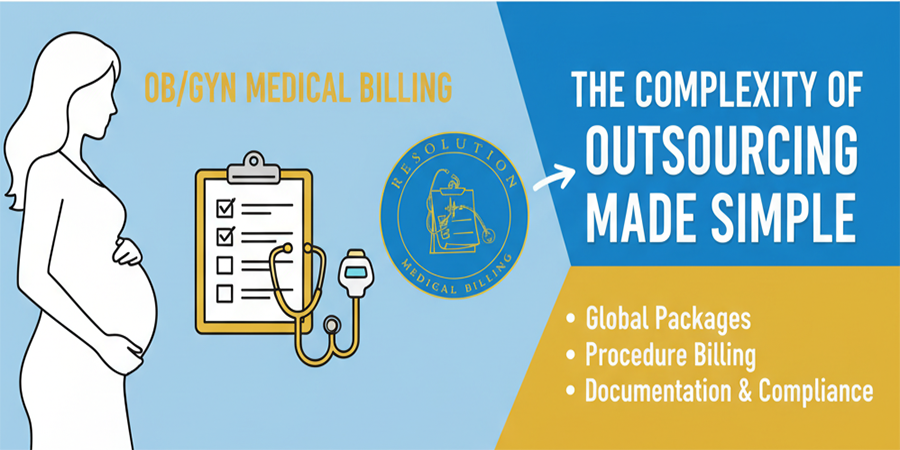When people talk about patient care, the focus usually falls on medical treatments, new technologies, or bedside manner. While these are essential to caring for patients, what often gets overlooked is the financial engine that makes all of it possible: medical billing.
At first glance, billing may seem like an administrative task tucked away in the back office. When taking a closer look, it is evident that expert medical billing is one of the most important drivers of exceptional patient care in doctors’ offices, emergency clinics and hospitals. Without it, providers struggle to keep up financially, patients face more stress, and the entire health care system is impacted.
The Backbone of Financial Health
Hospitals and clinics operate on thin margins. A missed claim or repeated denial doesn’t just create paperwork; it creates a hole in the budget. For a small practice, that could mean delaying the hiring of a much-needed assistant. For a hospital, it might mean fewer resources for critical departments like radiology or emergency care.
Expert billers understand payer requirements, applying the correct coding, and following up on claims expediently. This produces efficient revenue flow, which in turn funds salaries, equipment, and investments to promote an optimized overall experience.
Example: A busy cardiology office may submit hundreds of claims each week. If just 5% are denied due to coding errors, that is thousands of dollars lost each year; money that could have gone toward innovative technology or patient education programs.
Reducing Administrative Burdens on Providers
It is safe to assume that most health care workers did not go into healthcare to chase claims or communicate frequently with insurance companies. There are many obligations in medical facilities that could cause billing to take the back burner. When billing is inaccurate, providers end up spending time correcting errors or explaining costs to frustrated patients. Over time, this accumulates hours of valuable time that could have been put toward patient care.
Expert billing teams handle the complexity, from coding a 45-minute counseling session correctly to ensuring a procedure includes the right modifiers. This frees clinicians to do what they do best: treat patients.
Enhancing Patient Experience
Nothing undermines patient trust faster than a confusing or incorrect bill. Picture a patient who is actively recovering from surgery who receives a $2,000 bill because the hospital’s claim lacked proper documentation. Instead of focusing on healing, the patient is now tangled in insurance disputes.
Expert billing reduces these issues by ensuring claims are clean, accurate, and supported by documentation from the start. Patients benefit from fewer billing surprises, clearer statements, and less time on the phone with their insurance company.
Supporting Compliance and Avoiding Risk
Healthcare regulations change constantly, from Medicare billing rules to HIPAA compliance. A single missed update can lead to denied claims or worse, fines and audits. Expert billing teams stay on top of these changes, ensuring practices and hospitals stay compliant while protecting both revenue and reputation.
Example: Continuous Glucose Monitors require strict documentation for Medicare coverage. Without the right records, claims are denied. A skilled biller ensures requirements are met before submission, protecting both the patient and the provider.
Why It All Comes Back to Patient Care
When billing is done well, it doesn’t just help the bottom line, it directly improves care. A financially stable office can hire more staff, invest in modern equipment, and spend more time with patients. Patients, in turn, experience fewer billing headaches and more confidence in their providers.
In other words, expert medical billing is not just about pursuing payment, it’s about building a healthcare environment where providers can thrive, and patients feel supported.
Behind every successful doctor’s office or hospital is a team of expert billers, turning complex codes and regulations into steady revenue and smoother patient experiences. It may not be visible, but it is vital to the future of patient care.





